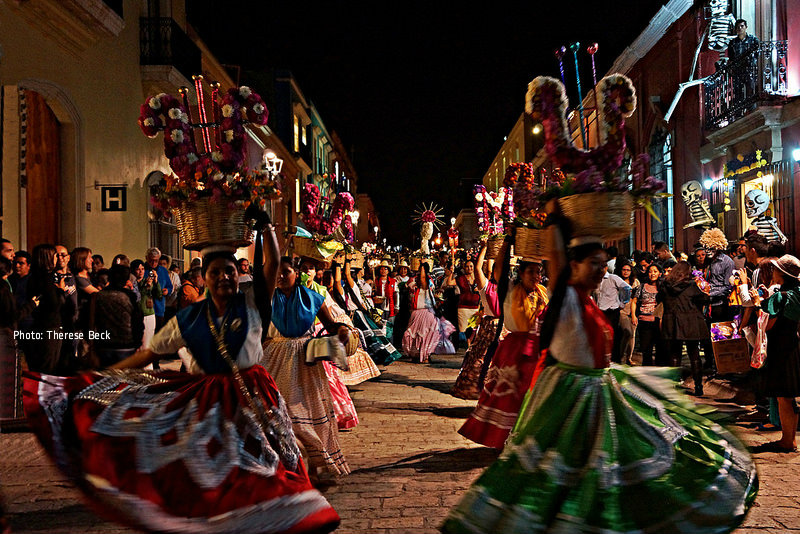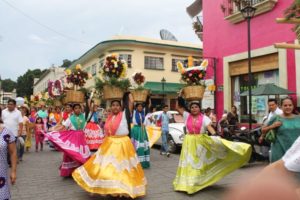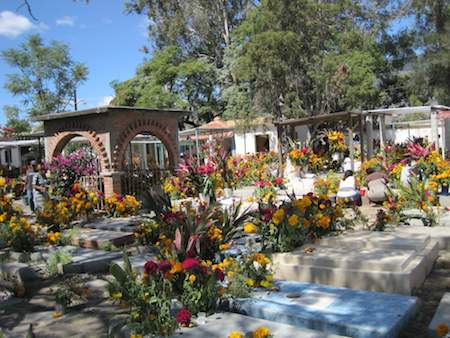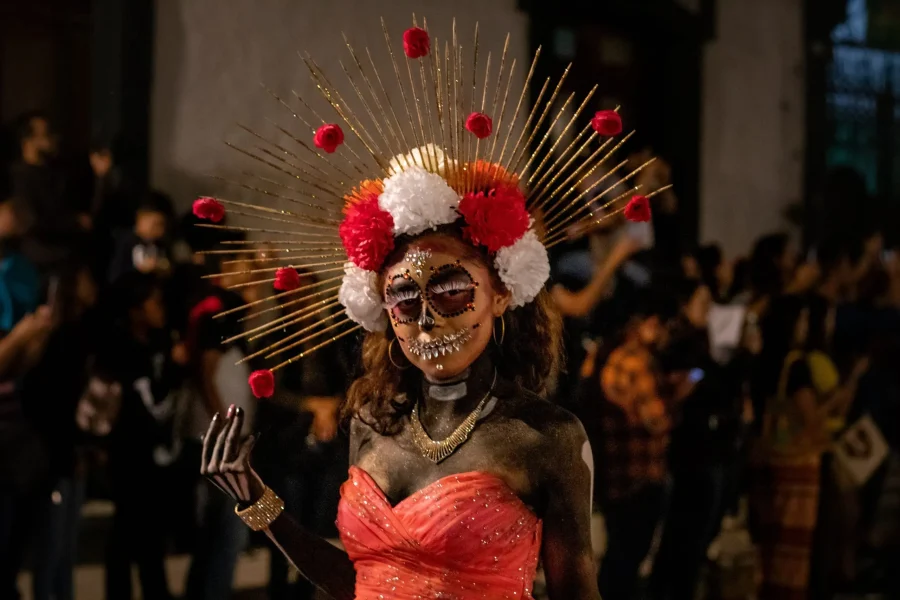We will never give up demanding justice for the disappeared.
Right now, the family of Ricardo Lagunes Gasca and representatives of Antonio Díaz Valencia are in Washington DC, meeting with policy makers and the international diplomatic community to push for answers and to demand accountability.
Ricardo Lagunes Gasca, a human rights and Indigenous territories lawyer, and Professor Antonio Díaz Valencia, the leader of the Nahua Indigenous community of San Miguel de Aquila, Michoacán, Mexico, were victims of enforced disappearance on January 15, 2023 for successfully defending Indigenous rights in courts.
They violently disappeared after participating in a community assembly discussing the next steps after winning the case. There are allegations that both received threats from Ternium, the company operating the Aquila mine – a company that has received scrutiny for its blatant disregard of Indigenous rights in the region.
Unfortunately, the plight of Ricardo and Antonio is far from unusual in the region. Between 2002 and 2023, 96 environmental defenders and 62 Indigenous Rights activists have disappeared.
Since their disappearance, Ricardo’s relatives have been demanding a full investigation from the United Nations Committee on Enforced Disappearances and Inter-American Commission.
Ana Lucía and Antoine Lagunes Gasca, Ricardo’s siblings, are visiting Washington D.C. this week, from November 8 to 11, for a meeting with the U.S. State Department’s Task Force of Environmental defenders, a private hearing with the Inter-American Commission, the Office of the High Commissioner and the Mexican Government, and with several allies.
They are seeking support from the international community and international organizations to advocate for the return of both defenders and achieve international technical assistance in the search and investigation in order to seek their humanitarian recovery, find the truth and seek justice in the case.
Watch a video (in Spanish) featuring the families of Ricardo and Antonio below:
One of the key demands of the People’s Movement for Peace and Justice is accountability and justice for the disappeared. Further, Global Exchange has been an ally of human right defenders in Mexico for over 30 years. Our Mexico Human Rights Senior Fellow, Alberto Solis, was contacted by the families and the lawyers of Ricardo and Antonio to support them in their visit to DC. We will be with them to make sure the US State Department follows up on their commitments with the case and the victims. The People’s Movement for Peace and Justice stands with these families, and with all the families of the disappeared.





